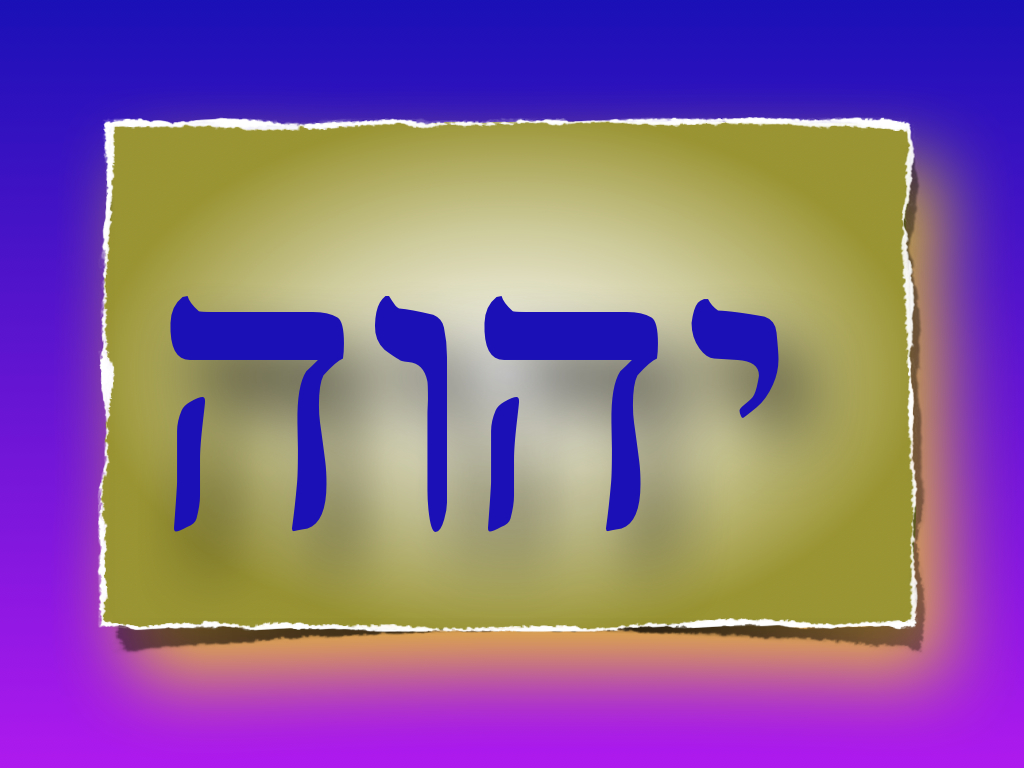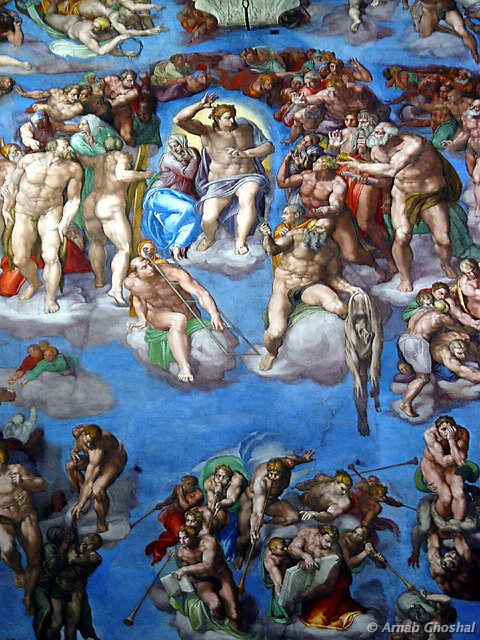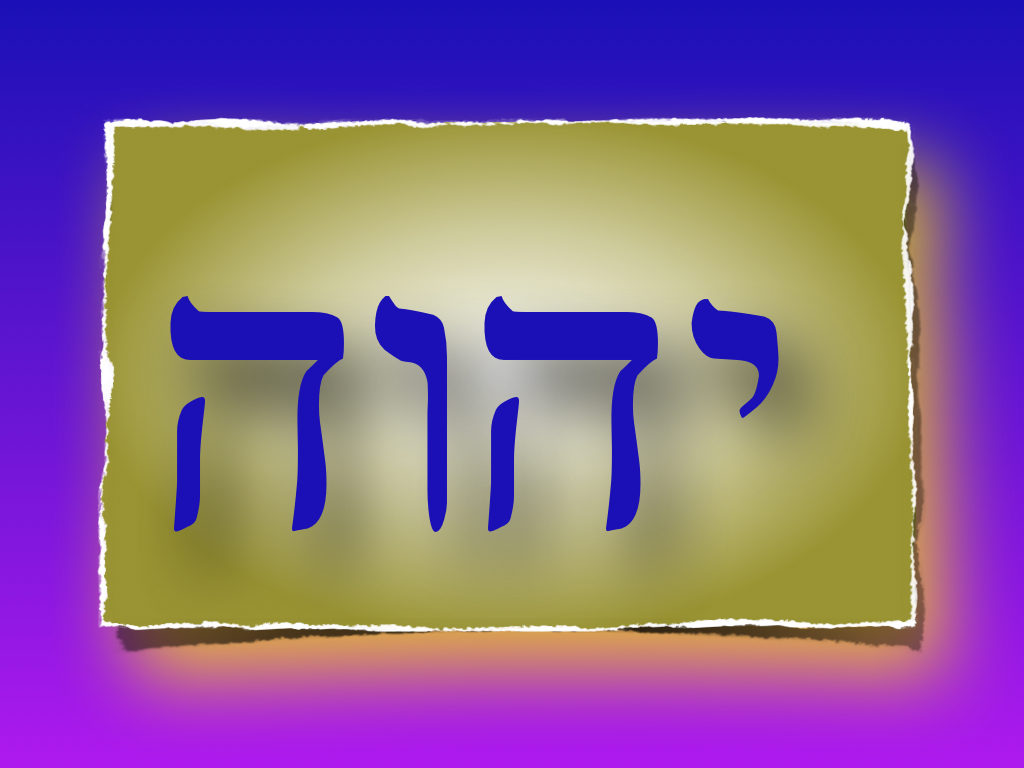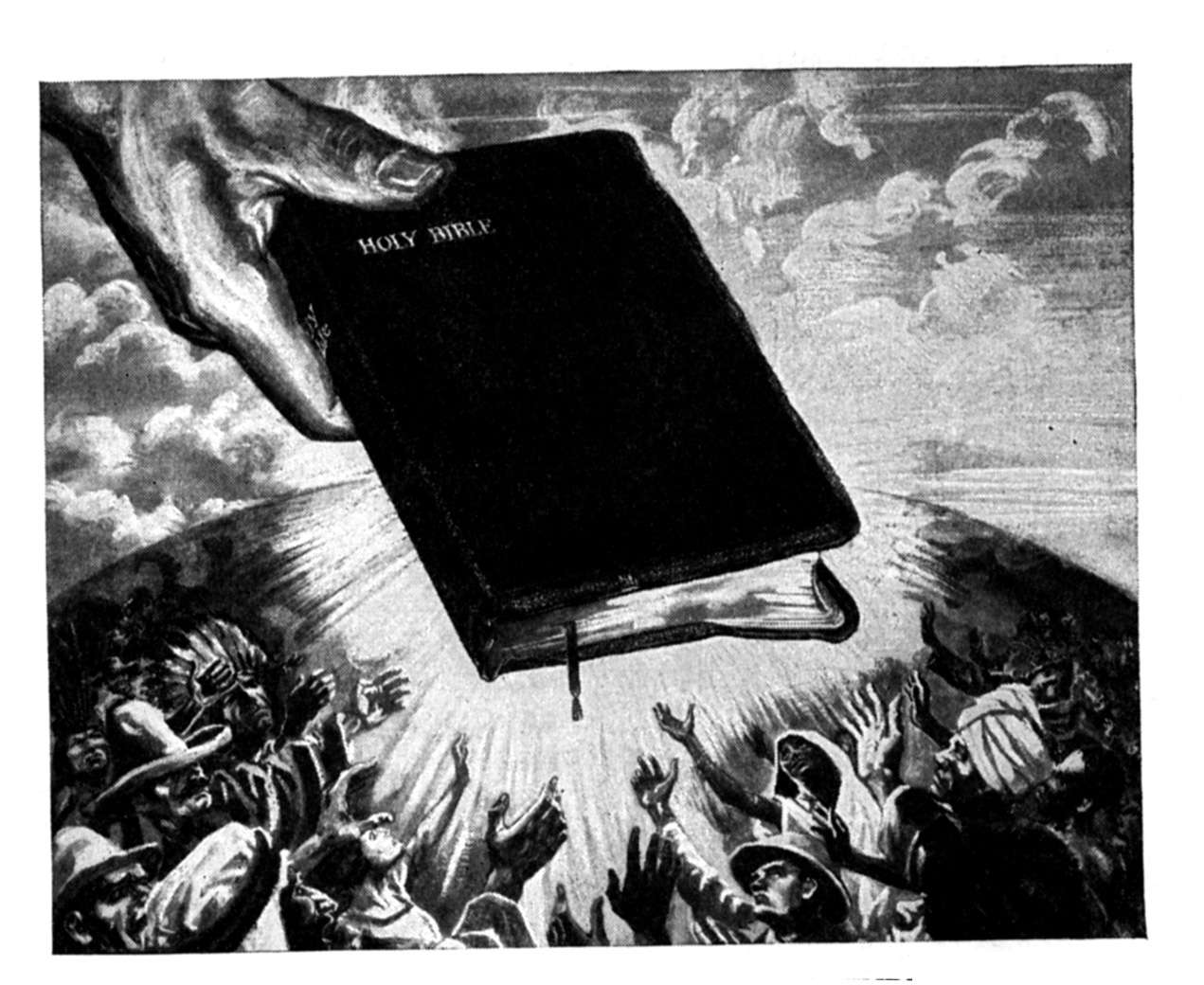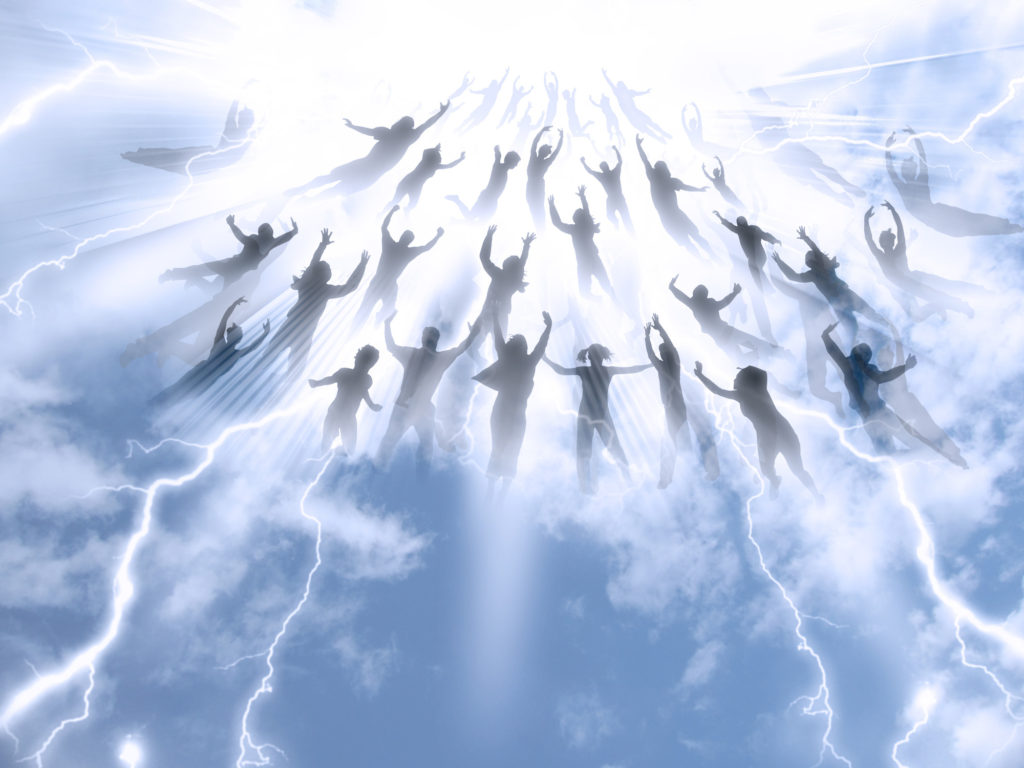
In these days of uncertainty, geopolitical intrigue, economic uncertainties, mistrust, life-threatening diseases and plagues, faithlessness and hopelessness, and fear on every side, it’s time to look upwards to the Rock of our salvations and to WASH OUT YOUR BRAIN WITH THE FOLLOWING:
John 10:34, You are gods. Yeshua is here quoting Psalm 82:6 where the term elohim in Hebraic thought and as used biblically simply refers to all divine beings whether good (e.g. Elohim, his heavenly council and angels) to evil (e.g. Satan, evil spirits and demons). Elohim can also refer to human (righteous) judges, who are acting on behalf of Elohim on this earth making righteous judgment between humans (e.g. Exod 21:6; 22:8–9). But there’s more.
Yeshua gave this same authority to his apostles (or church leaders) to adjudicate between the saints and to make the same ecclesiastical decisions as did the Jewish Sanhedrin of old, and he promised that as Elohim’s agents on earth, he would honor their decisions (e.g. Matt 16:19; 18:18–20).
Moreover, in this passage, Yeshua is clearly stating that the Jews in his audience were divine beings. What did he mean by this? The verse here doesn’t indicate that those in his audience were Jewish judges or members of the ruling elite. He was speaking generically to a group of lay people to whom the word of Elohim had been given (v. 35), which is why they were in Jerusalem at that time on the temple mount observing the Feast of Dedication or Hanukkah (John 10:22–23). In making this statement, Yeshua is most likely referring to the fact that spiritually enlightened and regenerated humans have the potential (i.e. at the resurrection) for becoming glorified sons of Elohim if they believe in him (John 1:12).
Whatever Yeshua means, he is clearly stating that those humans (to whom the Word of Elohim was given, v. 35) possess some divine element, to one degree or another, that qualifies them to be included under the rubric of elohim. Whether he is thinking of the term elohim vis-à-vis humans in present or future prophetic terms is not clear from this passage. He simply states as a fact that “You are elohim” (if you have been given the word of Elohim).


